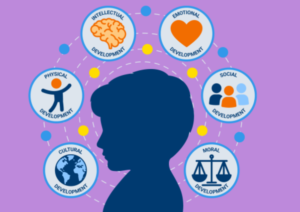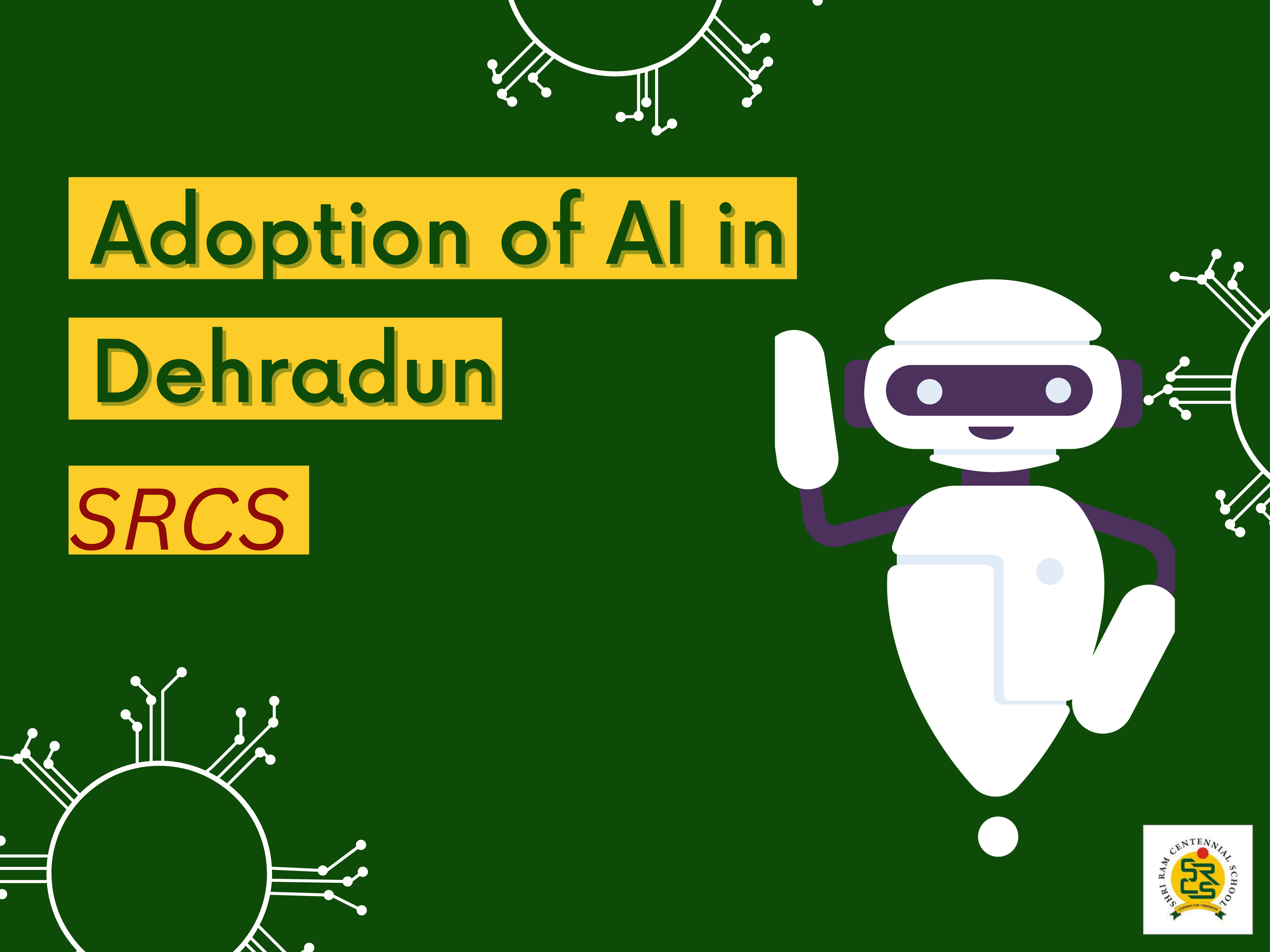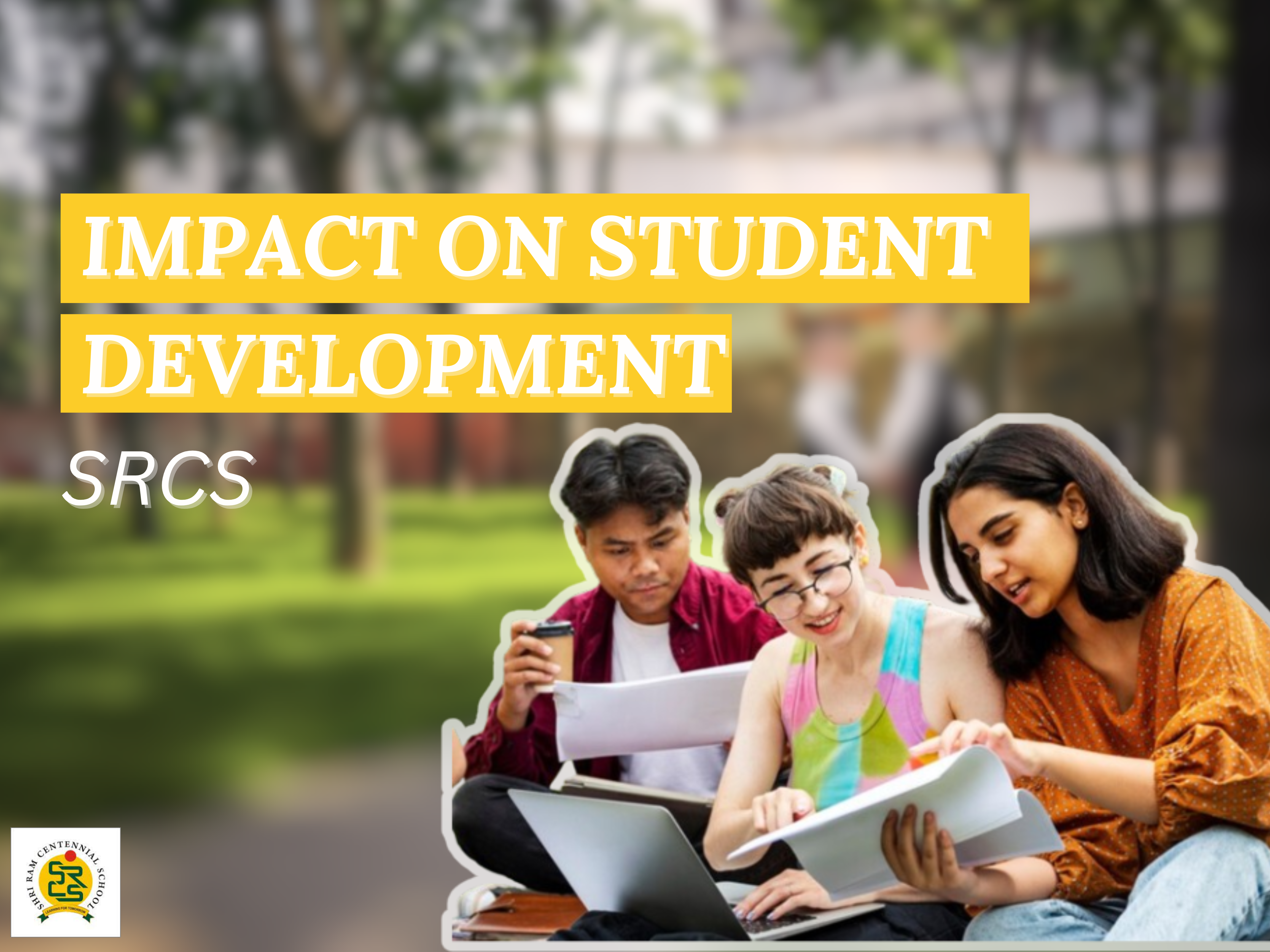Day boarding schools in Dehradun are renowned for their robust educational environments, combining academics with co-curricular activities that foster all-around development. An essential element contributing to students’ growth in these schools is mentorship.
Through structured guidance, encouragement, and support, mentorship provides students with the tools to navigate challenges, build resilience, and strive for excellence.
In this article, we’ll explore the pivotal role mentorship plays in helping students excel academically, emotionally, and socially, and why it’s a crucial component of education in day boarding schools.
The Importance of Mentorship in Day Boarding Schools

In a student’s educational journey, mentorship can significantly enhance the learning experience, providing numerous benefits:
- Personalized Guidance: Mentors offer tailored support that recognizes each student’s unique strengths, weaknesses, and aspirations. This customized guidance helps students identify their goals and create a roadmap for success.
- Confidence Building: Mentorship encourages students to take on challenges and step out of their comfort zones. This confidence is instrumental in achieving academic goals and tackling life’s hurdles with a positive mindset.
- Emotional Support: Growing up comes with its own set of emotional challenges. Mentors serve as trusted adults who provide a safe space for students to express concerns, share struggles, and receive constructive advice.
- Social Development: Mentorship teaches students valuable social skills, such as teamwork, empathy, and communication, which are essential for building relationships and working effectively with others.
- Academic Excellence: With the support and motivation from mentors, students are more inclined to stay focused, work hard, and excel academically. Mentorship can be the key that unlocks their potential and helps them achieve new heights.
How Mentorship Works in Day Boarding Schools

1. Establishing Mentor-Student Connections
In day boarding schools in Dehradun, the mentorship process typically begins with carefully matching students with mentors who align with their interests, academic needs, or personality traits.
Schools take great care in this process to ensure that mentors can provide relevant guidance and that students feel comfortable and supported.
By establishing a strong foundation, students and mentors can build trust, allowing for open and honest communication.
2. Goal Setting and Personal Development Plans
A vital part of mentorship is helping students set both short-term and long-term goals. Mentors guide students through the process of identifying their academic and personal aspirations, breaking down these goals into achievable steps.
- Short-Term Goals: Mentors assist students in setting weekly or monthly goals, which may include improving specific academic skills, developing good study habits, or working on a particular subject.
- Long-Term Goals: For long-term objectives, such as preparing for exams or planning for college admissions, mentors provide insights into the preparation process and resources that can support students’ ambitions.
Through these personal development plans, mentorship encourages students to take responsibility for their own progress, giving them a sense of accomplishment as they achieve each milestone.
3. Academic Guidance and Support
Mentors in day boarding schools act as academic advisors, offering guidance in areas where students may struggle.
They help clarify complex topics, provide study strategies, and introduce effective learning techniques that match each student’s learning style.
Mentorship in academics goes beyond simple tutoring; it involves developing skills like time management, organization, and problem-solving, which can lead to long-term success.
Mentors also work with students on exam preparation strategies and provide constructive feedback on assignments, helping them to understand their mistakes and encouraging a growth mindset. This academic mentorship empowers students to excel in their studies by making learning an engaging and productive experience.
4. Building Emotional Intelligence
Emotional intelligence is a crucial skill in today’s world, and mentorship helps students develop this ability. By engaging in regular discussions with their mentors, students learn to:
- Recognize and Manage Emotions: Mentors teach students how to process emotions effectively, enabling them to cope with stress and challenges in a healthy manner.
- Empathize with Others: Through mentorship, students learn to appreciate different perspectives, which fosters empathy and respect for others.
- Cultivate Resilience: Mentors help students understand that setbacks are a part of life. By encouraging resilience, mentors equip students with the mindset to overcome obstacles and keep progressing.
Building emotional intelligence through mentorship enables students to become well-rounded individuals who can adapt to various situations and maintain positive relationships with others.
5. Enhancing Social Skills and Communication
For students, especially in the collaborative setting of a day boarding school, effective social skills are essential. Mentorship teaches students how to communicate effectively, work in teams, and resolve conflicts.
Mentors often involve students in group projects, peer tutoring, or leadership roles, all of which reinforce these skills.
By developing these social skills, students gain confidence in expressing their opinions, listening to others, and understanding different perspectives.
Therefore, equips students not only for academic success but also for social integration, preparing them for both school life and future professional settings.
6. Encouraging Independent Thinking and Problem Solving
A major focus of mentorship is encouraging students to think independently. Mentors guide students in analyzing situations, evaluating different options, and making informed decisions.
Rather than giving solutions, mentors encourage students to find answers themselves, which helps build confidence and self-reliance.
In day boarding schools, students encounter various challenges, from handling academic pressures to managing personal conflicts.
Through this, students learn to approach these challenges methodically, using critical thinking and problem-solving skills.
This empowerment helps students grow into capable individuals who are ready to face the world with independence and maturity.
Practical Tips for Making the Most of Mentorship

To fully benefit from mentorship, students should actively engage in the process. Here are some tips to make the most of this valuable relationship:
- Be Open and Honest: Honesty is key to a successful mentorship. Students should communicate openly with their mentors, sharing their goals, challenges, and areas where they need help.
- Stay Committed: It requires dedication. Students should be consistent in attending meetings and follow through on any action items set by the mentor.
- Seek Constructive Feedback: Mentors are there to help students grow. By embracing feedback, students can identify areas for improvement and work on personal growth.
- Set Realistic Expectations: Students should set achievable goals and celebrate small successes along the way. This is a journey, and progress may take time.
- Take Initiative: Mentorship is most effective when students actively participate. Asking questions, seeking advice, and taking responsibility for one’s growth can make mentorship a transformative experience.
Conclusion
In Dehradun’s day boarding schools, mentorship is a powerful tool that contributes significantly to students’ personal, academic, and social development.
By offering personalized guidance, fostering emotional intelligence, and building social skills, mentorship helps students navigate their educational journeys with confidence and resilience.
Through mentorship, students not only excel academically but also become well-rounded individuals ready to face life’s challenges.
For both students and parents, the mentorship program in day boarding schools offers an invaluable foundation for lifelong learning and success.










